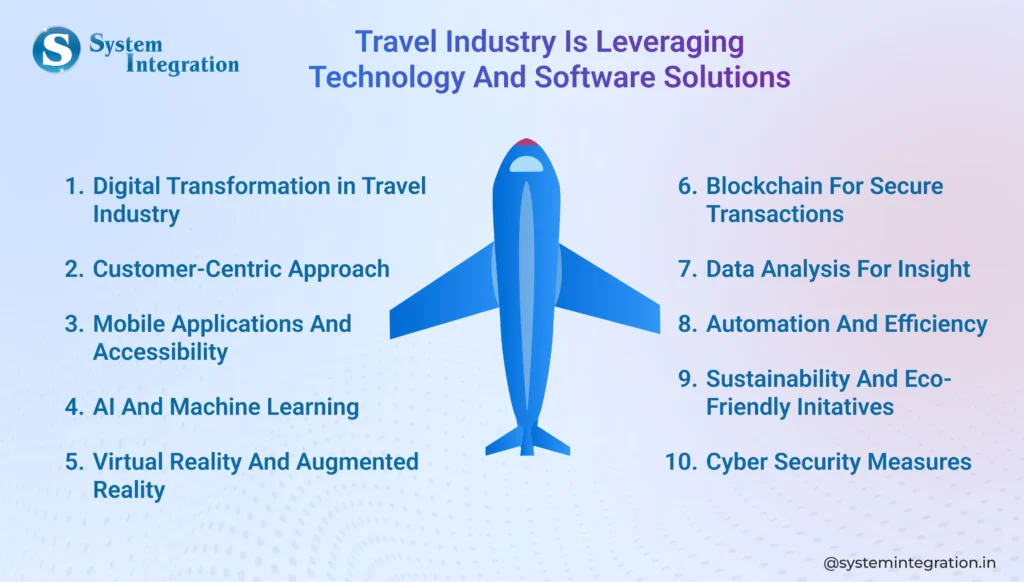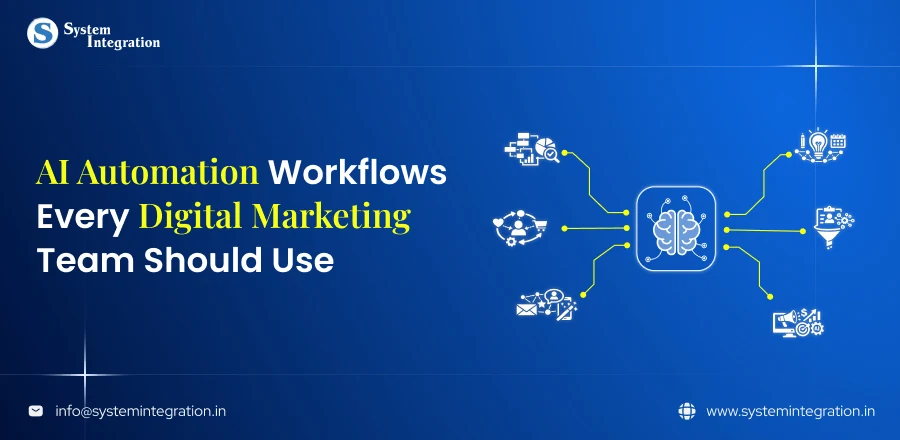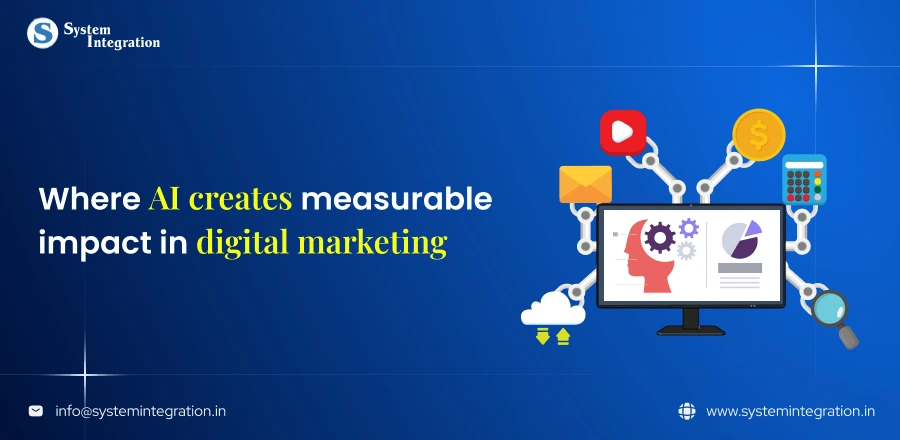Introduction
In today’s fast-paced digital era, the travel industry is undergoing constant evolution to keep up with the expectations of contemporary travelers. This evolution is marked by a relentless pursuit of innovation, spurred by collaborations with software development companies. These partnerships lead to groundbreaking changes that not only elevate customer experiences but also optimize operational efficiency.
By leveraging the expertise of software developers, travel companies are able to implement cutting-edge solutions that revolutionize various aspects of their business. This includes the seamless integration of digital platforms for booking, itinerary management, and personalized recommendations based on customer preferences. Additionally, technologies such as artificial intelligence, machine learning, and data analytics play a pivotal role in enhancing decision-making processes and delivering tailored services to travelers.
Furthermore, the collaboration between the travel industry and software development firms extends beyond customer-facing solutions. It encompasses backend systems for inventory management, logistics optimization, and real-time monitoring of assets. This holistic approach ensures a comprehensive digital transformation that drives competitiveness and sustainability in the travel sector.
Overall, the synergy between the travel industry and software development companies represents a paradigm shift in how travel services are delivered and experienced. It underscores the importance of embracing digital innovations to stay relevant and meet the dynamic needs of modern-day travelers.
Let’s delve into the key aspects of how the travel industry is leveraging technology and software solutions to stay ahead in this dynamic environment.

1. Digital Transformation in Travel Industry
The travel industry has undergone a significant digital transformation, embracing technologies that enable seamless booking experiences, personalized recommendations, and real-time updates for travelers. Software development companies play a crucial role in this transformation by creating robust platforms and applications tailored to the needs of travel businesses.
2. Customer-Centric Approach
One of the primary focuses of travel industry innovations is a customer-centric approach. Through advanced software solutions, travel companies can gather and analyze customer data to offer personalized recommendations, optimize pricing strategies, and improve overall customer satisfaction. This leads to enhanced loyalty and repeat business.
3. Mobile Applications and Accessibility
Mobile applications have revolutionized the way travelers plan and experience their journeys. Travel companies collaborate with software developers to create intuitive mobile apps that allow users to book flights, accommodations, and activities on-the-go. These apps also provide essential travel information, such as flight updates, local recommendations, and interactive maps, enhancing the overall travel experience.
4. AI and Machine Learning
Artificial Intelligence (AI) and Machine Learning (ML) algorithms have become instrumental in optimizing various aspects of the travel industry. From predicting travel demand and optimizing pricing to offering personalized recommendations based on user preferences, AI-powered solutions help travel businesses make data-driven decisions and deliver customized experiences to travelers.
5. Virtual Reality (VR) and Augmented Reality (AR)
VR and AR technologies are transforming the way travelers research destinations and visualize their travel experiences. Travel companies collaborate with software developers to create immersive VR tours, allowing potential travelers to explore accommodations, attractions, and destinations virtually. AR applications enhance on-site experiences by providing real-time information and interactive overlays.
6. Blockchain for Secure Transactions
Blockchain technology is gaining traction in the travel industry due to its ability to ensure secure and transparent transactions. By leveraging blockchain solutions developed by software companies, travel businesses can enhance payment security, streamline loyalty programs, and improve data management, ultimately building trust with customers.
7. Data Analytics for Insights
Data analytics tools enable travel companies to gain valuable insights into customer behavior, market trends, and operational efficiency. Software development companies create advanced analytics platforms that integrate with travel systems, empowering businesses to make informed decisions, personalize marketing strategies, and optimize resource allocation.
8. Automation and Efficiency
Automation plays a vital role in enhancing efficiency across various processes in the travel industry. From automated check-ins and baggage handling at airports to chatbots and virtual assistants for customer support, software-driven automation streamlines operations, reduces costs, and improves overall service quality.
9. Sustainability and Eco-Friendly Initiatives
Travel companies are increasingly focusing on sustainability and eco-friendly practices. Software developers collaborate with these businesses to create solutions that promote responsible tourism, such as carbon footprint calculators, sustainable travel guides, and eco-friendly accommodation booking options, aligning with growing consumer preferences for environmentally conscious travel.
10. Cybersecurity Measures
As digital technologies become more integrated into the travel industry, cybersecurity becomes a paramount concern. Software development companies work with travel businesses to implement robust cybersecurity measures, including encryption protocols, secure payment gateways, and data protection strategies, safeguarding sensitive customer information and maintaining trust.
Conclusion
The collaboration between the travel industry and software development companies is driving significant innovations that enhance customer experiences, improve operational efficiency, and promote sustainability. By embracing digital technologies such as AI, VR, blockchain, and data analytics, travel businesses can navigate the digital landscape effectively, staying competitive in an ever-evolving market. As technology continues to evolve, the future of travel promises even more exciting possibilities for innovation and growth.





